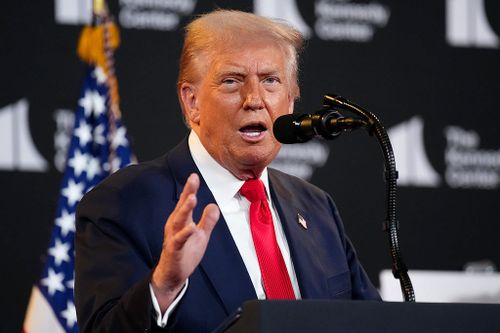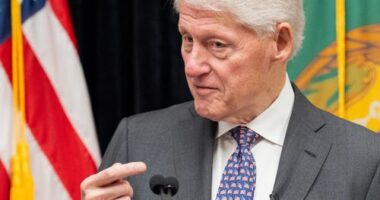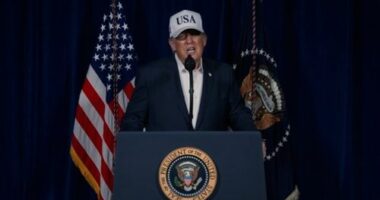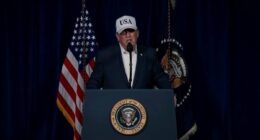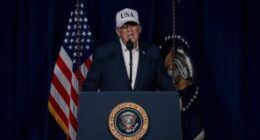Share this @internewscast.com
A US federal appeals court determined that Donald Trump did not have legal authority to implement broad tariffs on nearly every country globally, yet maintained his protectionist approach towards the American economy for the time being.
The US Court of Appeals for the Federal Circuit decided that Trump lacked the legal basis to declare national emergencies and levy import taxes on almost every country. This decision largely confirmed a previous ruling from a specialized federal trade court in New York issued in May.
“It seems unlikely that Congress intended to … grant the President unlimited authority to impose tariffs,” the judges wrote in a 7-4 ruling.

This decision does not pertain to the tariffs Trump imposed on China during his first term, which former President Joe Biden retained following a government investigation that found China engaged in unfair practices benefiting their technology firms over competitors from the US and other Western nations.
Trump could potentially cite alternative authorities to impose import taxes, though they are more limited.
For example, Section 122 of the Trade Act of 1974 permits the US president to impose tariffs on imports from countries with significant trade deficits with the US at a rate of 15 per cent for up to 150 days.
Furthermore, Section 301 of the same 1974 law allows the US president to impose tariffs on countries determined to have participated in unfair trade practices, following an investigation by the Office of the US Trade Representative. Trump utilized Section 301 to initiate his first-term trade confrontation with China.
